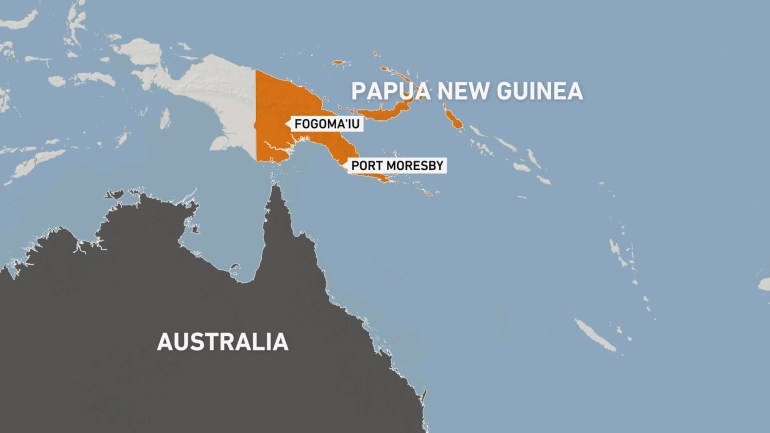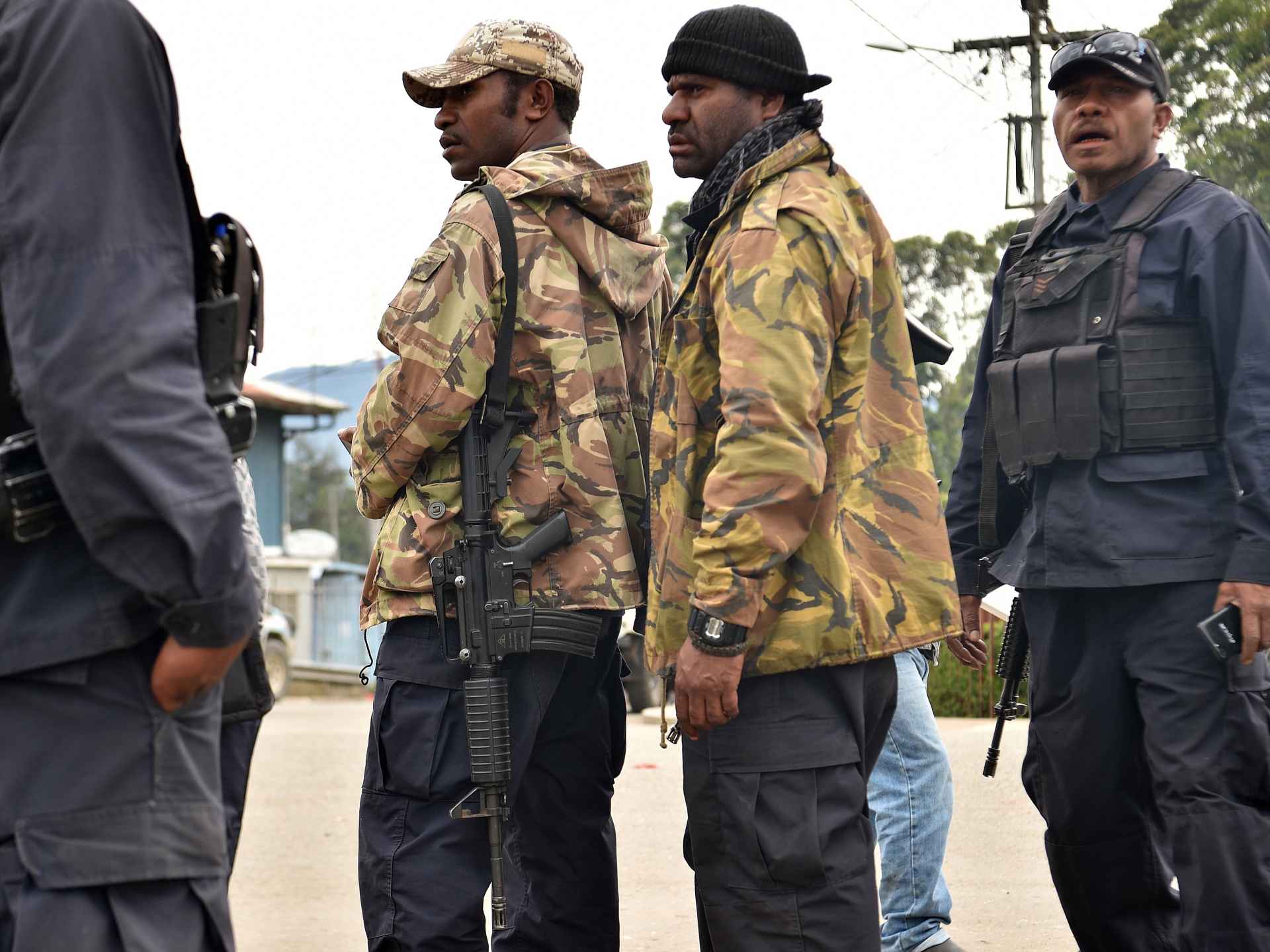Australian professor and three Papua New Guinea researchers were snatched at gunpoint early on Sunday.
A police operation is underway in Papua New Guinea to rescue an Australian university professor and three researchers taken hostage in the country’s remote highlands.
The hostage crisis began after the academics were taken at gunpoint early on Sunday.
In a statement, Police Commissioner David Manning described the gunmen as armed criminals who wanted cash in return for releasing the captives.
While they were “opportunists”, the situation was also “delicate”, the statement said.
“Our specialised security force personnel will use whatever means necessary against the criminals, up to and including the use of lethal force, in order to provide for the safety and security of the people being held,” Manning said.
Papua New Guinea’s rugged highlands are a sprawling expanse of jungle-cloaked hills where the central government and security forces have little sway.
In recent years, the region has seen an increase in tribal warfare and an influx of modern weapons.
The professor is an archaeologist who works for an Australian university and was on a field trip to the remote village of Fogoma’iu in the Mount Bosavi region, two sources with knowledge of the incident told the Reuters news agency. He has not been publicly identified because of the sensitivity of the situation.

The three researchers are Papua New Guinea university students.
Police said the gunmen had spotted the university group by chance and taken them into the jungle.
They were being held near Fogoma’iu at the boundary of Southern Highlands and Hela provinces, with their captors initially demanding about $1m within 24 hours to secure the group’s release.
The sum was later dropped, and the deadline abandoned.
“We are offering the abductors a way out. They can release their captives and they will be treated fairly through the criminal justice system, but failure to comply and resisting arrest could cost these criminals their lives,” Manning said.
Australia’s Department of Foreign Affairs and Trade did not respond to requests for comment.
